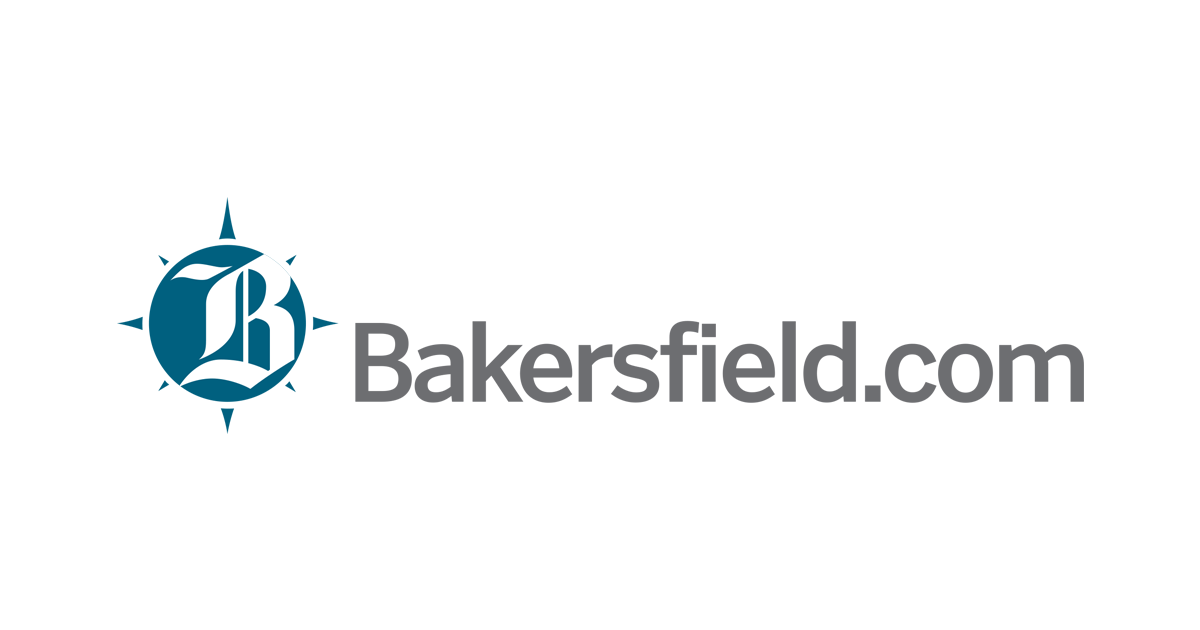Factory activity is up, but Texas’ service sector slows in August | News
Factory activity in Texas increased, albeit at a slower pace, in August, while growth in the state’s service sector slowed as COVID-19 and labor shortages continued to challenge businesses.
That’s the result of two new Federal Reserve Bank of Dallas surveys that measure the pulse of manufacturing and service executives, including retail, hospitality, professional and technical services, and other businesses.
“The rate of expansion in the Texan manufacturing sector slowed somewhat in August, but it remained well above average,” said Emily Kerr, senior business economist at the Dallas Fed. “There have been widespread reports of difficulties getting the materials they need, and 72% of companies say supply chain disruptions are driving revenue.”
Kerr said the price and wage indices would continue to rise. While the outlook remains optimistic, uncertainty is mounting amid rising COVID-19 infections and ongoing material and labor shortages, she said.
The manufacturing survey received responses from 363 executives on August 17-25. According to the survey:
** The production index slipped 10 points to 20.8, still well above average and indicates growth.
** The order intake index was 15.6, down 26.8, but more than double the series average of 6.5.
** Labor market indicators indicate continued growth in employment and working hours.
** The general business activity index fell 18 points to 9.0, its lowest level since January.
“Nearly 70% of responding Texas companies are currently trying to hire or recall workers, up from 60% in April,” Kerr said. “But companies are still seeing no relief from persistent hiring difficulties, with the shortage of applicants still being the most common barrier to hiring.”
Kerr said applicants looking for a higher salary than that offered are increasingly a barrier to hiring, and fear of COVID-19 infection was reported by more than 20% of companies in August, up from 7% in August last month.
“The operating capacity constraint due to staff shortages is now worse,” said Kerr. “Also, interruptions in the supply chain are much more evident today than they were a year ago.”
A respondent from the plastics and rubber industry said: “We are still struggling to hire new employees … we are in a wage war with other companies in our city. We have raised wages twice since the beginning of the pandemic. “
Meanwhile, Texas service sector activity declined in August, according to the Dallas Fed.
“Revenue growth slowed and business sentiment was significantly less optimistic,” said Christopher Slijk, associate economist at the Dallas Fed. “Labor market indicators point to faster growth in employment and hours worked. Price pressures have eased but remain elevated, while wage pressures rose to the highest levels recorded for the survey.”
The government revenue index, a key figure in the service sector, has fallen to 16.5, the report said. Positive numbers in the index reflect expansion while negative numbers reflect contraction. A value of -66 in March 2020 was the lowest since 2007.
Labor market indicators point to further strengthening and the employment index rose to its highest level since 2007. Price pressure eased, while the wage and performance index climbed to an all-time high of 32.6.
Private service companies make up nearly 70% of the state’s economy and employ approximately 8.6 million workers, according to the Dallas Fed.
The Dallas Fed survey includes a retail section based only on information from respondents in the Texas retail and wholesale sectors. According to survey participants, the retail sales index rebounded into positive territory at 7.9.
However, inventories continued to decline and the inventory index posted its sixth consecutive negative reading.
The retailer’s outlook deteriorated and the business outlook index fell to -1.7.
A hospitality respondent said, “The delta surge has halted the return to office and business travel, which is critical to our business. Until this changes, the prospects of accommodating remain limited. “
Another respondent from a restaurant added: “The fear on the doorstep of what will happen in this next wave of COVID remains. We are approaching these numbers. E-commerce is a huge part of our revenue stream and I don’t expect that to change in the future. “
© 2021 Gannett Co., Inc. Visit Statesman.com, operated by Tribune Content Agency, LLC.
Copyright 2021 Tribune Content Agency.
[ad_1]


